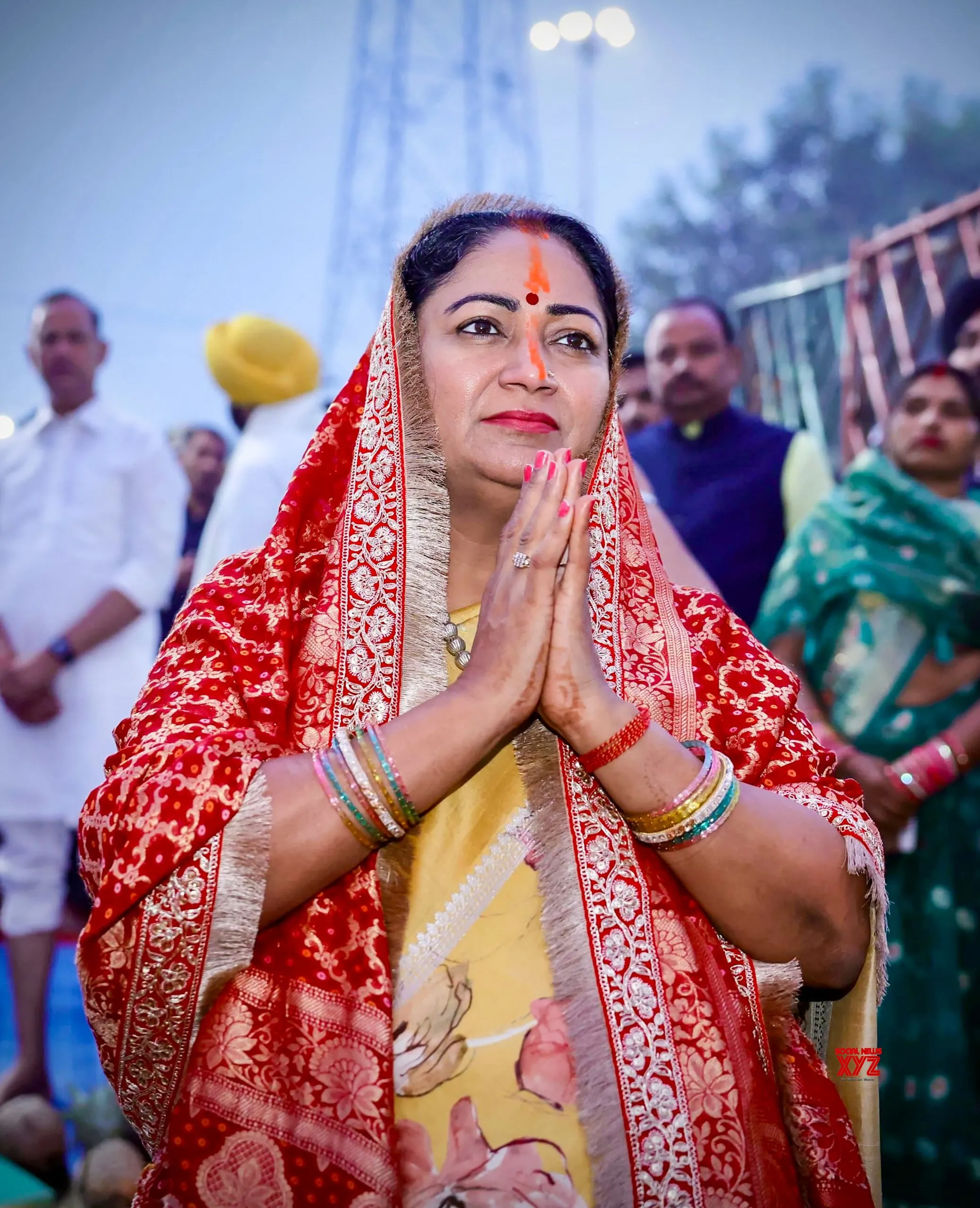Copyright forbes

When put all your energy into curating the representation of your love online, you might be compromising on the experience of it offline. Today, love and relationships unfold in front of a digital audience, and it’s not uncommon to want to share everything. Moments of affection, once whispered in private, now come captioned, filtered and timed to trending audio. We celebrate anniversaries through carousels, express grief through stories and declare loyalty through hashtags. There’s nothing inherently wrong with sharing joy publicly. In fact, many couples find meaning in documenting their journey together. It often becomes a way of expressing how much the relationship matters to them. But when affection becomes optimized for engagement, the warmth between two people is influenced by preoccupation with how that warmth looks on screen. Many couples struggle in their relationship because the line between living their relationship and managing its image has blurred. The digital stage can subtly influence what we expect from intimacy, and, in turn, it makes us seek validation, comparison and visibility in ways that undermine the importance of authenticity. Here are three ways to stay grounded and emotionally close in a culture that thrives on performance. 1. Do Not Substitute Posting For Presence Smartphones are the ever-present and all-seeing third wheel to our relationships today. Every time you reach for the camera to document a date or even the quiet moments between the two of you, you shift from being a participant to being an observer. Instead of being in the moment, you begin to frame it. MORE FOR YOU A recent study published in Social Science Computer Review focusing on Instagram use found that the more time couples spent on social media, the less satisfied they felt in their relationships. For participants in the study, that drop in satisfaction tended to spark more conflicts. It even fueled a kind of addictive loop, where partners kept turning back to the app for stimulation or reassurance. Essentially, as attention gets pulled online, connection thins offline. Neurobiologically speaking, constant documentation also rewires your brain’s reward system. The dopamine that once came solely from moments of affection within the relationship gradually becomes tied to likes, views and comments. In other words, the pleasure of connection starts competing with the pleasure of validation. Over time, couples may begin to equate intimacy with visibility, as though a moment only counts if it’s seen. On a positive note, the same study also offered a hopeful counterpoint. It found that acts of sacrifice, in the form of small daily gestures of prioritizing your partner, can protect relationships against this digital drift. These moments of intentional care deepen satisfaction and reduce both conflict and social media overuse. So, what restores your bond isn’t more visibility, but more presence. You can apply this insight by creating offline pockets in your relationship. It could be anything: rituals around dinners, daily walks or simply ensuring that some moments remain undocumented. These moments slowly cement themselves as your private anchors, reminding you that your love exists beyond the algorithm’s gaze. Over time, these unposted memories grow in value precisely because they were lived, not staged. And when you look back, they’ll remind you that while stories disappear in 24 hours, presence leaves a lasting imprint. 2. Stop Measuring Love By Public Approval Humans are social beings that are wired to seek affirmation and belonging. But when that instinct merges with algorithmic metrics, it becomes both fragile and dependent on external validation. This tendency is also called “validation dependency” — when external approval starts to define internal security. Recent research confirms just how potent this dependency can be. In an experimental study conducted at the Technical University of Munich, researchers found that people who received little to no online feedback from others experienced more stress, negative emotions and lower self-esteem. Conversely, those who received frequent positive reactions felt more connected and less lonely. This means that mood and self-worth have become inextricably linked with the amount of online attention we receive. If we were to translate that dynamic into a romantic relationship, here’s what we would get: A quiet weekend together might feel less satisfying than a post that performs well. If a photo receives minimal engagement, it can stir subtle anxiety that screams, “Are we still as close as we look online?” To navigate the sticky terrain, you should shift focus from appearance to experience. Before you post, ask yourself: Why am I really sharing this? If it’s to celebrate a memory you love, that’s beautiful. But if it’s to reassure others, or rather yourself, that you’re doing okay, then pause. Another practice is to celebrate milestones privately first. Immerse yourself in the moment together before inviting the world in. And keep reminding yourself that if you need the internet to feel seen, your connection may need more tending offline. 3. Keep Certain Things Sacred Boundaries become radically important when we are constantly broadcasting our lives. When everything becomes shareable, nothing feels sacred anymore. And relationships, by nature, need a small space for sacredness. Researchers, in a series of five studies comparing online and offline self-disclosure, found that sharing intimate details publicly online actually reduced relationship satisfaction and closeness. In contrast, sharing privately (offline) strengthened them. The reason lies in what the researchers call “perceived inclusivity:” the feeling that when you disclose something to a broad audience, its emotional value gets diluted. When your private moments are constantly externalized, they lose their emotional charge. Sacredness, unlike the perfect post and caption, doesn’t have to be monumental; it works as long as it is momentous. It might be your shared jokes, affectionate nicknames, small rituals or the way you decompress together after a hard day. These micro-intimacies form the emotional scaffolding of love. But when they’re posted, they might lose their protective quality that allows vulnerability to thrive. Couples who guard their private emotional territory tend to report greater satisfaction and trust, likely because privacy creates safety. They can argue, cry or confess fears without the invisible audience watching. And they can evolve without having to explain it to anyone. To cultivate this sacredness in your relationship, consciously decide what stays off-limits, instead of giving in to the urge of posting online. Make a list together of the things that never get posted, discussed publicly or turned into content. It could be your arguments, your inside jokes, your family matters or even the frequency of your togetherness. If you ever feel tempted to share something deeply personal “for relatability,” pause and ask: Whose needs am I meeting? The audience’s or my partner’s? Sacredness gives your relationship depth. It reminds you that while the internet sees fragments, only the two of you know the full story. The algorithm may know your interests, your music preferences and your digital habits. But it will never know the softness of shared laughter in the dark, the warmth of forgiveness after an argument or the quiet comfort of simply being known. Perhaps that’s the greatest rebellion in the digital age — to love deeply and privately, without needing anyone to double-tap it. Wondering if you need to protect your connection from the pull of the algorithm immediately? Take the science-backed Authenticity in Relationships Scale to find out. Editorial StandardsReprints & Permissions



